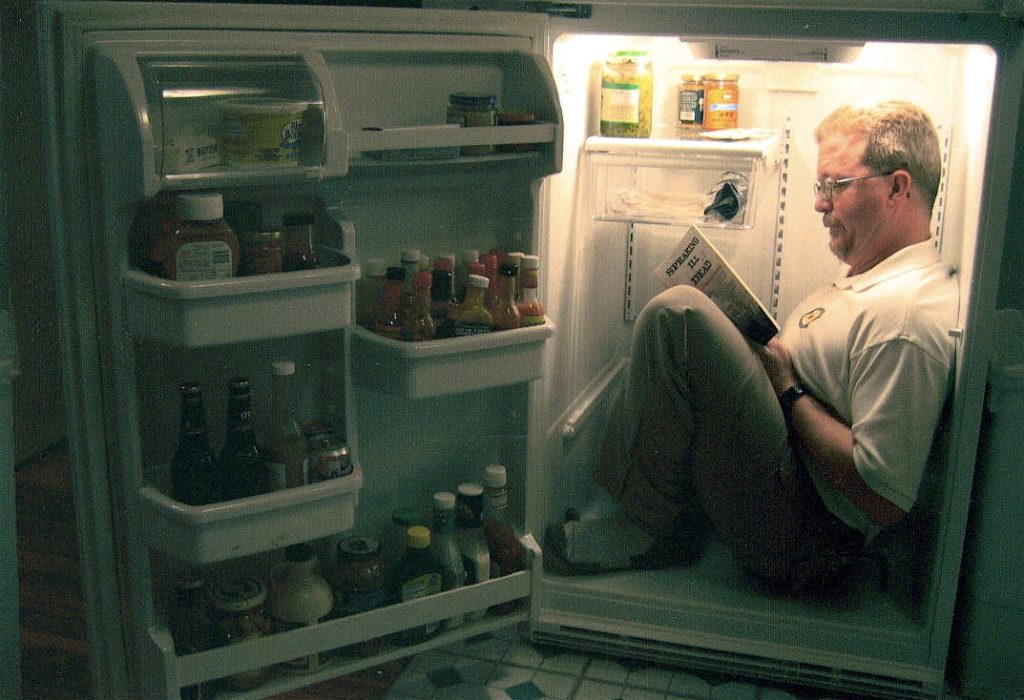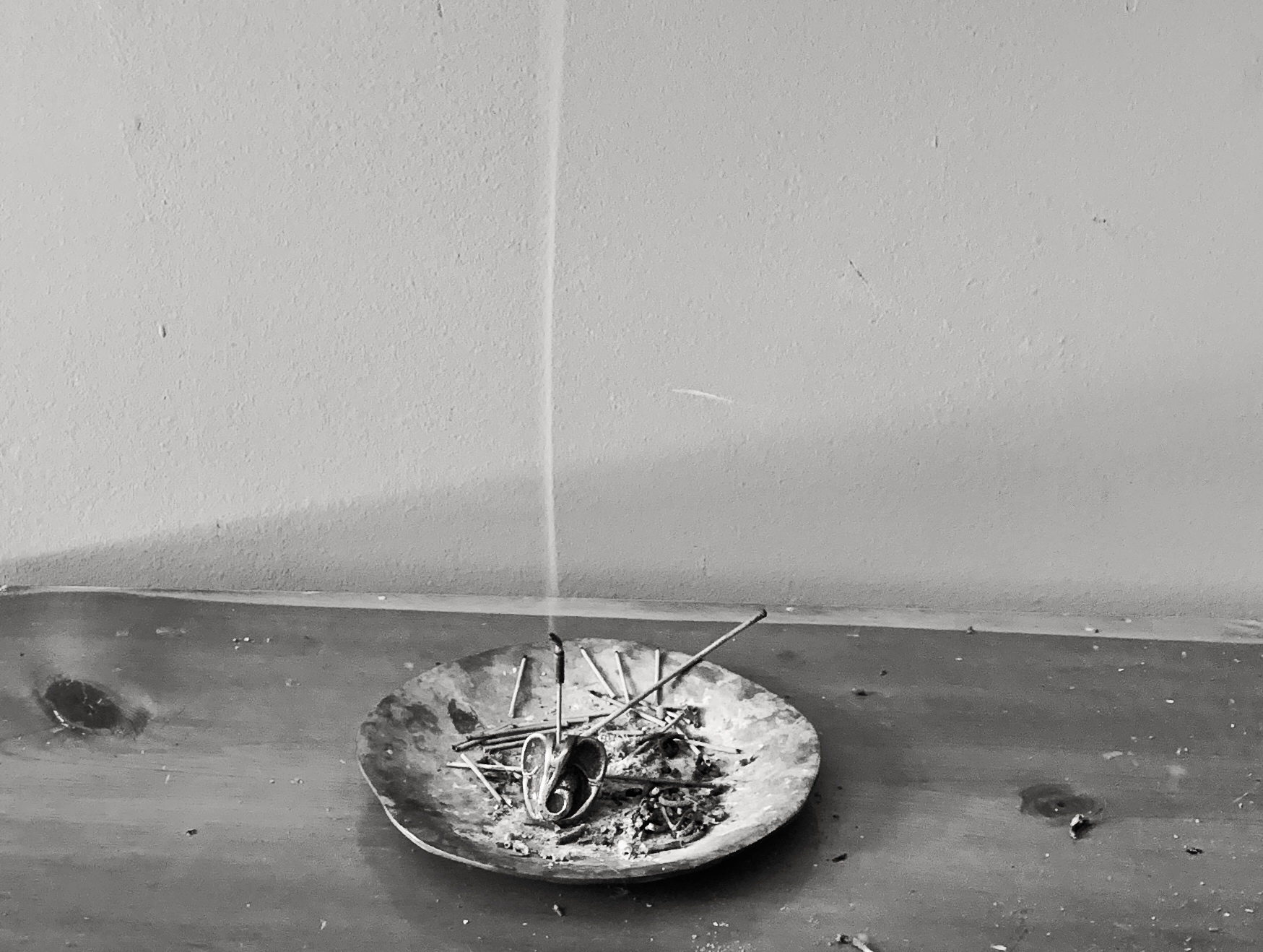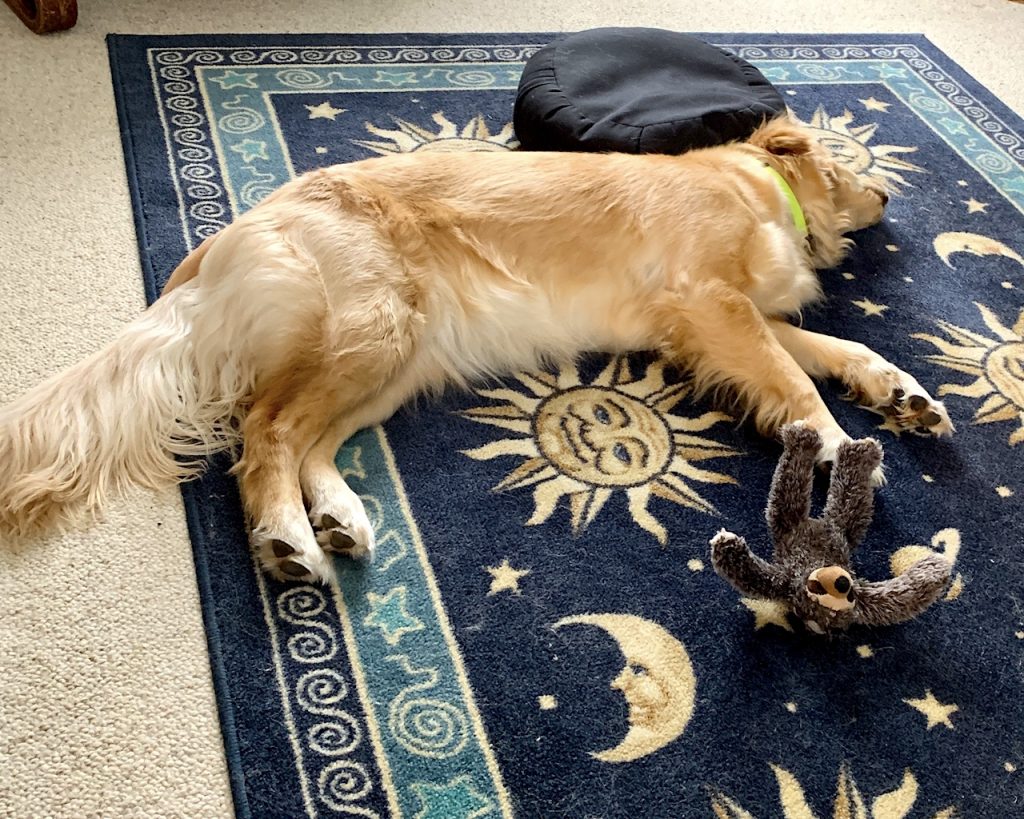“In this global pandemic, we’re in an era of isolation, retreat. We’re also in an era of heightened uncertainty. This can be a terrible thing, and drive us to loneliness and distraction … or it can be a time of practice, reflection, and deepening.”
Category Archives: Reality
Green Button
 Imagine having a couple of buttons on your desk. Let’s say, red and green. And everytime you walked by you could press the red button for a negative/angry/fearful thought… or the green one for a positive/peaceful/uplifting thought. Wouldn’t last long, just a few seconds or a minute or two.
Imagine having a couple of buttons on your desk. Let’s say, red and green. And everytime you walked by you could press the red button for a negative/angry/fearful thought… or the green one for a positive/peaceful/uplifting thought. Wouldn’t last long, just a few seconds or a minute or two.
Why would you ever push the red button? You wouldn’t, not if you thought about it for a spit second. You’d wear that fucking green button out. But we find ourselves soaking in negative thoughts and — if we’re lucky — have a moment of awareness.
“Whoa. I must have hit the red button. A couple of times.”
All of which goes to explain why people report constantly hearing me muttering, “Green button, green button, green button.”
My friend Kent reminds us the red button state is most people’s default. (Always going for green.) Buddha says “life is the red button state’. Awareness would be the inbetween.
Stillness
Your mind
“(Your mind) is like having some maniac walk through the front door of your house and follow you from room to room and refuse to stop talking. And this happens every day of your life.”
— Sam Harris
still·ness /ˈstilnəs/ noun: the absence of movement or sound
The word comes up with some frequency when reading about meditation. We try to sit still… and allow the mind to become still. Applying the definition above, sound is pretty simple. We try to find a quiet place to meditate to avoid distracting sounds but some — I’ve read — can tune out the sounds around them. It’s the movement of our thoughts (non-stop) that seems to get in the way of stillness when meditating. And the only way to stop that movement is to silently observe thoughts as they come and go. Such awareness somehow… dissolves or dissipates thoughts.
What, I wonder, would be the experience of such internal stillness? What would that be like? With which of our senses would we notice stillness? Not sure what stillness would look like. Assuming there were little or no sound to hear, what would mental stillness sound like? I’m tempted to say it’s more of a feeling than a sensation but “feeling” is a pretty slippery word. We all have feelings but we don’t know where they come from and we have no more control over them than we do thoughts. I think we need that sixth sense to experience Stillness: consciousness or, better still, awareness.
But stillness is a fragile state. Even the thought, “So, this is stillness” breaks the… spell? Like so much in meditation, “trying” gets in the way. “Alright everybody, BE STILL!” Doesn’t work. We don’t find stillness, stillness finds us.
All Goldens know how to meditate
1,000 Days
 I started keeping track of consecutive days on the (meditation) cushion on December 4, 2014. As of today, May 31, 2019, I’ve missed just two of the last 1,638 days. Today is the 1,000th consecutive day on the cushion. The only day that really counts, of course, is today. But I’ve found that logging my meditation practice helps me be consistent, something I do every day. And I can’t think of anything else I’ve done every day for 1,000 days.
I started keeping track of consecutive days on the (meditation) cushion on December 4, 2014. As of today, May 31, 2019, I’ve missed just two of the last 1,638 days. Today is the 1,000th consecutive day on the cushion. The only day that really counts, of course, is today. But I’ve found that logging my meditation practice helps me be consistent, something I do every day. And I can’t think of anything else I’ve done every day for 1,000 days.
I look forward to my daily meditation. I average 45 minutes a day but time really seems to stand still. One of my favorite things about the practice.
The illusion of free will
“In a study published this week in the journal Scientific Reports, researchers in Australia were able to predict basic choices participants made 11 seconds before they consciously declared their decisions.”
“In the study, 14 participants—each placed in an fMRI machine—were shown two patterns, one of red horizontal stripes and one of green vertical stripes. They were given a maximum of 20 seconds to choose between them. Once they’d made a decision, they pressed a button and had 10 seconds to visualize the pattern as hard as they could. Finally, they were asked “what did you imagine?” and “how vivid was it?” They answered these questions by pressing buttons.”
“Using the fMRI to monitor brain activity and machine learning to analyze the neuroimages, the researchers were able to predict which pattern participants would choose up to 11 seconds before they consciously made the decision. And they were able to predict how vividly the participants would be able to envisage it.”
“Lead author Joel Pearson, cognitive neuroscience professor at the University of South Wales in Australia, said that the study suggests traces of thoughts exist unconsciously before they become conscious.”
Sit Down and Shut Up
 Punk Rock Commentaries on Buddha, God, Truth, Sex, Death, & Dogen’s Treasury of the Right Dharma Eye
Punk Rock Commentaries on Buddha, God, Truth, Sex, Death, & Dogen’s Treasury of the Right Dharma Eye
Amazon: “In Sit Down and Shut Up, Brad Warner tackles one of the great works of Zen literature, the Shobogenzo by 13th-century Zen master Dogen. Illuminating Dogenâs enigmatic teachings in plain language, Warner intertwines sharp philosophical musings on sex, evil, anger, meditation, enlightenment, death, God, sin, and happiness with an exploration of the power and pain of the punk rock ethos.”
This book got a lot of my highlighter. A few examples below:
“There are two basic kinds of thought. There are thoughts that pop up unannounced and uninvited. These are just the results of previous thoughts and experiences that have left their traces in the neural pathways of our brains. The other kind of thought is when we grab on to one of these streams of energy and start playing with it.”
“Effort is far more important than so-called success because effort is a real thing.”
“Thoughts are nothing more than electrical activity, changes in the organic chemistry of the brain.”
“Words cannot capture what your life really is. […] All humankind’s problems today stem solely from our inability to see that words are just words.”
“Everything you ever do is always, always, always a once-in-a-lifetime experience.”
Thoughts think themselves
For those of us who subscribe to the theory there is no self — that me “I” thought is just a persistent illusion — a frequent question is where do thoughts come from if there is no “me” to think them?

They come from the subconscious whose name happens to be Jeff. Jeff sits in the refrigerator that is your consciousness. He has one of those horseshoe magnets he uses to arrange tiny word magnets on the outside of the refrigerator. Jeff is working backward and in the dark (trust me on that point) so the ideas he strings together are often random and arbitrary. He can sense when there is an awareness on the other side of the door and this makes him uncomfortable so he slows down the magnet work. When he feels the awareness depart he gets busy again.



